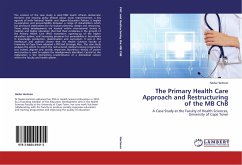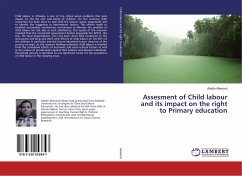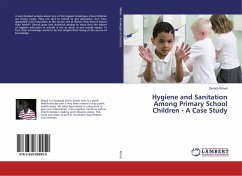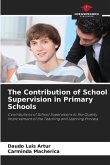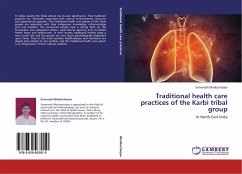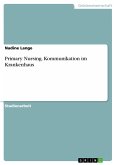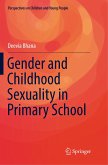The context of the case study is post-1994 South African democratic elections and ensuing policy debate about social responsiveness, a key agenda of both National Health- and Higher-Education Policies. It implies co-operation and accountability between a range of stakeholders which has profound implications for curriculum planning, design and resourcing. These policy developments are located within international trends in medical- and higher education that had their corollaries in the growth of the Primary Health Care (PHC) movement, opening-up of the higher education system, and increasing pressures for permeability in boundaries in knowledge production, dissemination and curriculum. It was in this intellectual and political climate that the Health Sciences Faculty at University of Cape Town adopted a PHC-led Strategic Plan. The case study analyses the extent to which the restructured medical training programme was indeed aligned and socially responsive. Bourdieu s theory of power and practice is used to explain the misalignments identified. Central to the explanation is the intersecting predominance of a biomedical culture within the faculty and health system.
Bitte wählen Sie Ihr Anliegen aus.
Rechnungen
Retourenschein anfordern
Bestellstatus
Storno

